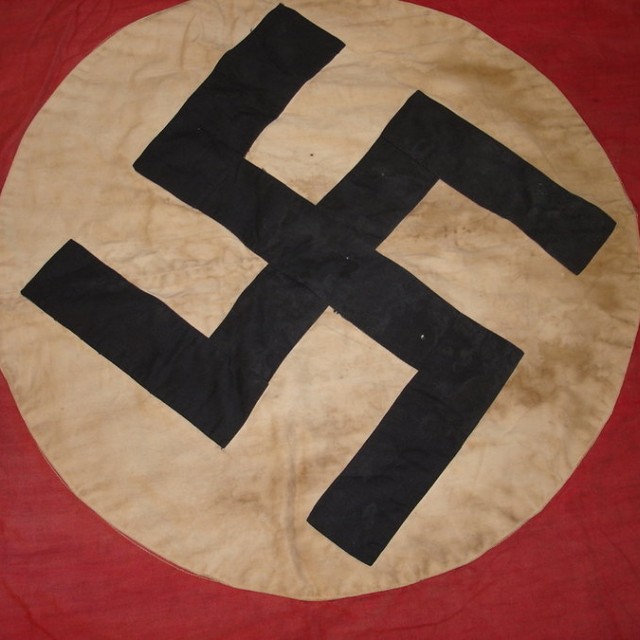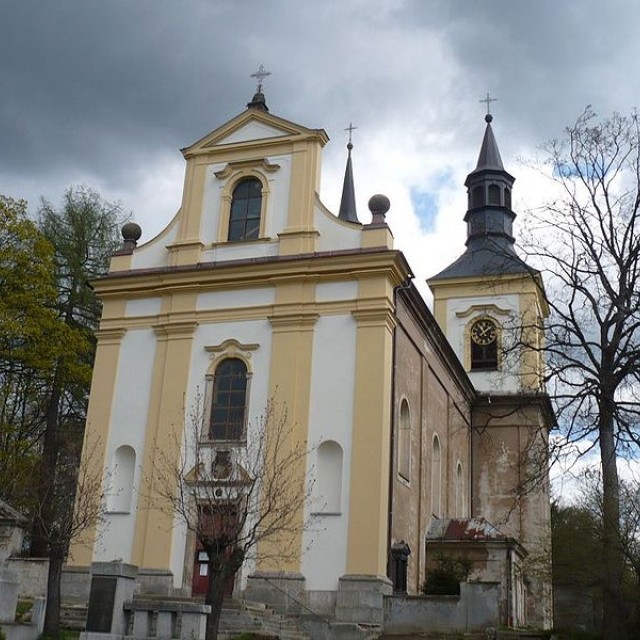Ugh, Czech swine!
In 1938, when Paul Dimun had no more than 14 days of service left, the mobilization call came. Their regiment was ordered to march to Rychnov near Jablonec in Bohemia. Jablonec was waiting for the arrival of Henlein and the soldiers were forbidden to use violence. They were ordered to monitor the situation on the outskirts of the town and had to endure insults from a six-year-old German girl who spat at them with the words: "Ugh, Czech swine!" The situation was even more difficult as there were sixteen Germans from the Sudetenland in the regiment. The German soldiers of the regiment took the arms and ammunition and deserted. They later attacked the regiment.
Hodnocení
Hodnotilo 0 lidí
Routes
Not a part of any route.
Comments
No comments yet.



